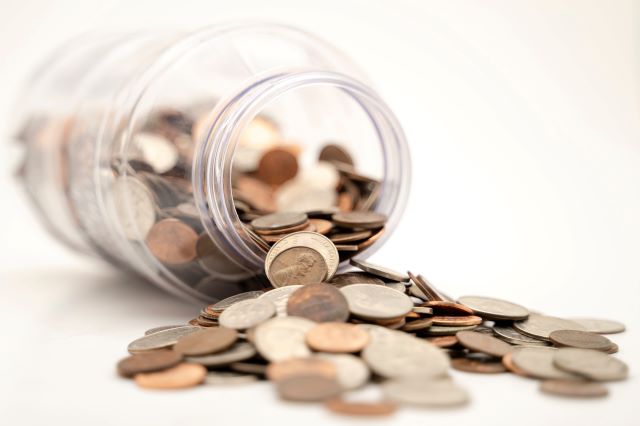
New habits are hard to make and old habits are hard to break. How can you make new habits more easily and stick to them?
With the New Year right around the corner, many Americans are thinking about New Year’s resolutions. Breaking New Year’s resolutions has become an old joke at this point. Countless stand-up comedy routines point out the huge increase of people at the gym in January, and then the sharp drop off in February. Research shows that 60% of us make New Year’s resolutions, but only 8% are successful in keeping them.
Financial resolutions are among the most common. Last year, 53% of Americans had a resolution to save more money. We know that only 8% are successful in keeping their New Year’s resolutions, so most who resolve to save more money end up failing. How can we stick to our new habits in the coming New Year?
Consistency is the key
Behaviors are difficult to form, but once a behavior becomes a habit it is automatic. We do difficult things without thinking about it; we wake up at the same time every day and go to sleep at the same time every night (generally speaking), and we go to work without thinking about it. Good financial habits may seem out of reach if you’ve been practicing bad financial habits your entire life, but they can become just as easy and automatic as going to work or brushing your teeth.
Research shows it takes a little over two months for new behaviors to become automatic habits. That means it takes two months to change your financial life forever; two months of saving money and practicing good financial habits. After that, your good financial behaviors will become second nature.
Focus on the habits that matter
Make sure your New Year’s resolutions are obtainable, and don’t aim too high or take on too much. If you plan to make unrealistic changes in your life, you might get discouraged when you don’t have success and give up altogether. It’s better to make small, incremental changes that stick than try to change too much at once, become overwhelmed, and give up.
Hold yourself accountable
If you aren’t serious about your resolutions, you won’t be successful in keeping them. Take your resolutions seriously by holding yourself accountable; it might be a good idea to not take any “cheat days” before your habits have fully formed. Tell your friends and family about your resolutions, too. If you feel like you’re letting others down by not following through with your resolutions, they’re more likely to stick.
Reward yourself for your success
There’s a fine line between being frugal and being a miser. Make sure you don’t become the latter by rewarding yourself for your success. Once your habits have fully formed, it is okay to take cheat days or reward yourself occasionally.
More discipline is required when your habits are new and fresh, but as they get more ingrained into your behavior, a day off is harmless.
Don’t wait until New Year’s
If there’s a change you want to make in your life, there’s no need to wait until New Year’s to make it. Procrastinating until January 1st will only make you less likely to be successful in making the change you envision.
Make 2020 the year you stick to your New Year’s resolutions and accomplish your financial goals. Our most recent show, How to Stick to Your 2020 Financial Goals, is available on YouTube now.













